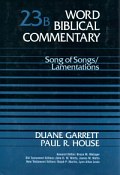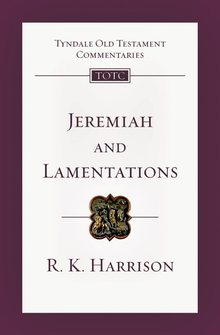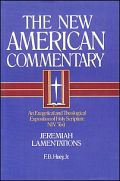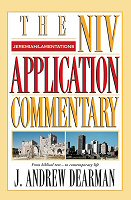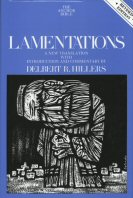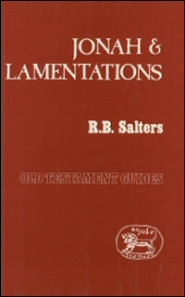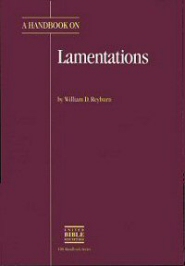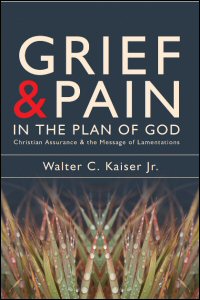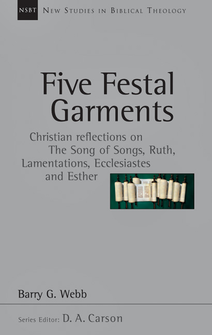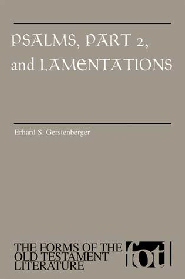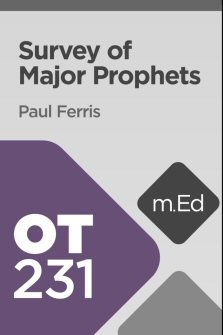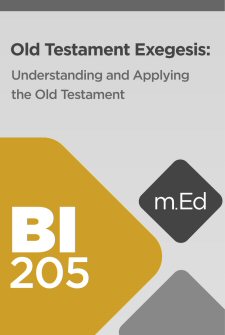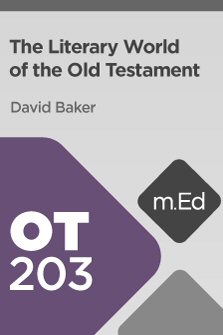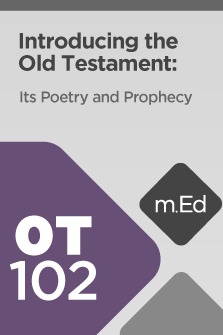Jeremiah and Lamentations
The Jeremiah–Lamentations Expository Preaching Kit (L) helps you plan an expositional sermon series by curating a trifecta of the best Bible study materials on Jeremiah–Lamentations you need to prep and preach. It includes everything in Jeremiah–Lamentations Expository Preaching Kit (S) and Jeremiah–Lamentations Expository Preaching Kit (M), plus resources like John Goldingay’s The New International Commentary on the Old Testament volumes The Book of Jeremiah and The Book of Lamentations, Lamentations (Mentor Commentary | MOT), and The Theology of Jeremiah: The Book, the Man, the Message.
Small
Medium
Large
